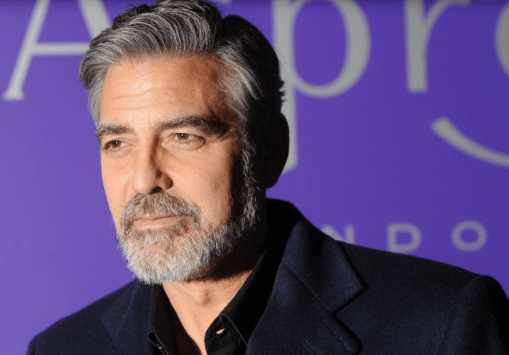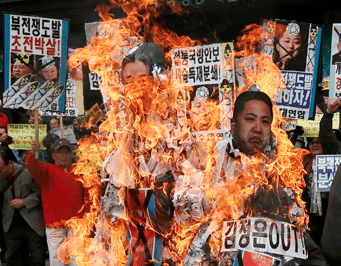When I first heard that Phil Robertson had made some offensive comments that had set the Internet on fire, I admit, I first had to figure out who Robertson was.
I don’t follow Duck Dynasty, but I’d heard of it and knew the family was fairly religious and conservative. In fact, last week was the first time I had ever seen an episode. It wasn’t for me, but I got why people liked it.
The gay community is understandably outraged by the comments that have led A&E to suspend him from their popular show, and the liberal and conservative sides have been quick to vilify and defend him, respectively. But, if you read further in his GQ interview, Robertson waxes poetically about the good old days of Jim Crow South and the fact that he never once heard a black person in Louisiana complain about their status as second class citizens without economic, social or political equality.
He states the blacks he knew were, “Godly; they were happy; no one was singing the blues.” I’ll refrain from the Uncle Ruckus jokes, and simply say that I question how he knew this since at the time, blacks were unwelcome in most white evangelical southern churches. I question how well whites and blacks got along since after the 1954 Brown v. Board of Education decision, southerners engaged in a two decade long strategy of resisting integration, even going so far as to establish private Christian schools that could freely discriminate.
But that much about the South we all know from history classes, Black History Month and Martin Luther King Day. At this point, there are very few people who think that blacks had it good in the segregated South and were happy with their conditions. And if you do believe that, I doubt there’s anything I could say right now to convince you otherwise.
More interesting than Robertson’s racist comments themselves is how little attention his statements have garnered. With the exception of a few articles, the overwhelming focus has been on the homophobic statements made by a man who, from a predictive standpoint, said exactly what we thought he would say.
As a white, male, southern, religious conservative in his 60s, survey after survey will tell you that every category he falls in, with the exception of his race, is less likely to be supportive of gay rights. So, what is the outrage about? His colorful expressions are what got him fame to begin with. If he had in a very prim and proper tone—“well, I respectfully don’t support that lifestyle”—would anyone have cared?
I’m in no way defending his comments, I just find it troubling when we’re so quick to anger for him saying exactly what we expect him to say, while being so casual about his dismissive attitude towards America’s history of racial intolerance.
I think the reason we so easily picked up on the homophobic comments while dismissing the racist ones is because, as a country, we don’t do a good job with layering complex subjects. National conversations tend to be singularly focused and in terms of social justice and civil rights, and I think gay rights issues have dominated the 2000s. We spent so much time in the last half of the 20th century coming to terms with our troubled racial past, and now that we’re attempting to come to grips with matters of sexual orientation, talking about race feels like a step back, almost dated.
Maybe that’s a good thing—the idea that we’ve advanced to a point in society where we can instantly dismiss the racially insensitive ramblings of a Baby Boomer as nonsense. But, sadly, I don’t think that’s the case. In any given month we can point to examples of people making racially or sexually offensive statements, and I worry that we’re starting to tune them out. And that’s problematic, because while some of us may feel like we’re able to tune these comments out, they’re still there, and we can’t dismiss the impact they have on others. You may think you don’t hear them, but someone else does and may take them to heart.
As dated as it may seem, we have to keep having the conversations, and the conversations have to be interconnected. In the social sciences we talk about cross-cutting cleavages. We are all multiple interconnected identities, and if you take one away, we lose a part of ourselves. Similarly, in our national conversations, we can’t just sweep race aside for the more popular conversation about sexual orientation, and we can’t sweep that aside for the ever-pressing conversations we need to have about economic inequality, gender equality, environmentalism or any of the other multitude of ideas.
We need to talk about these issues all together to have a full and honest conversation about what kind of society we want to live in and how we recognize the humanity in those who do not mirror ourselves.






















